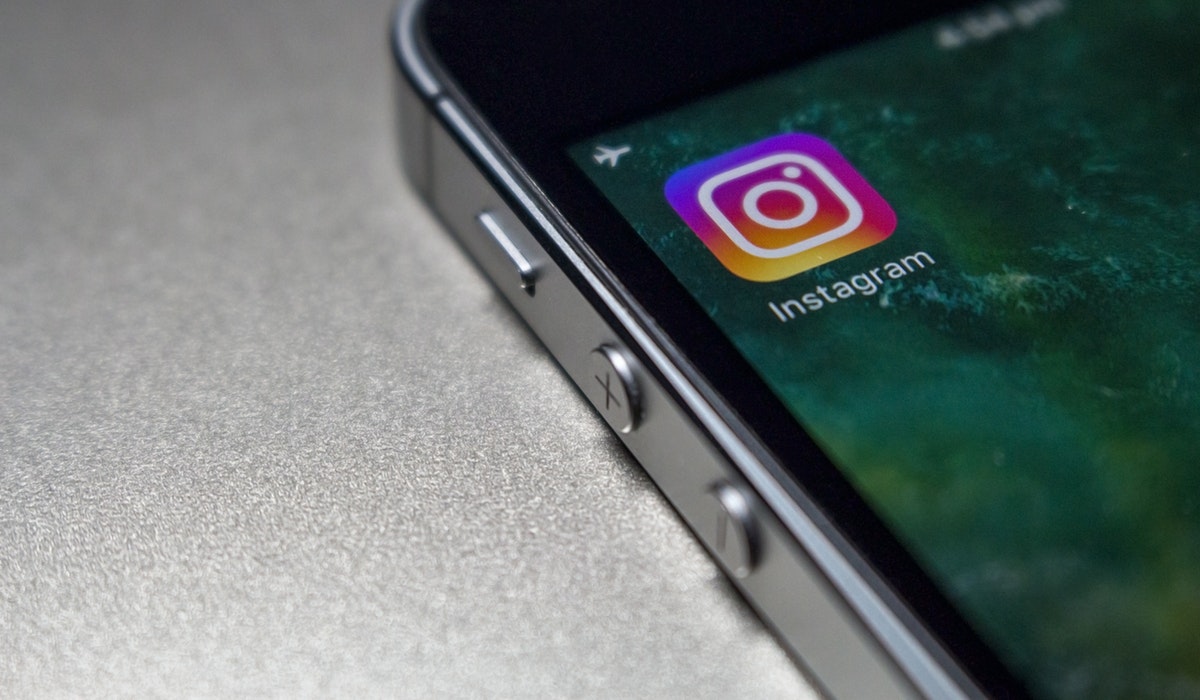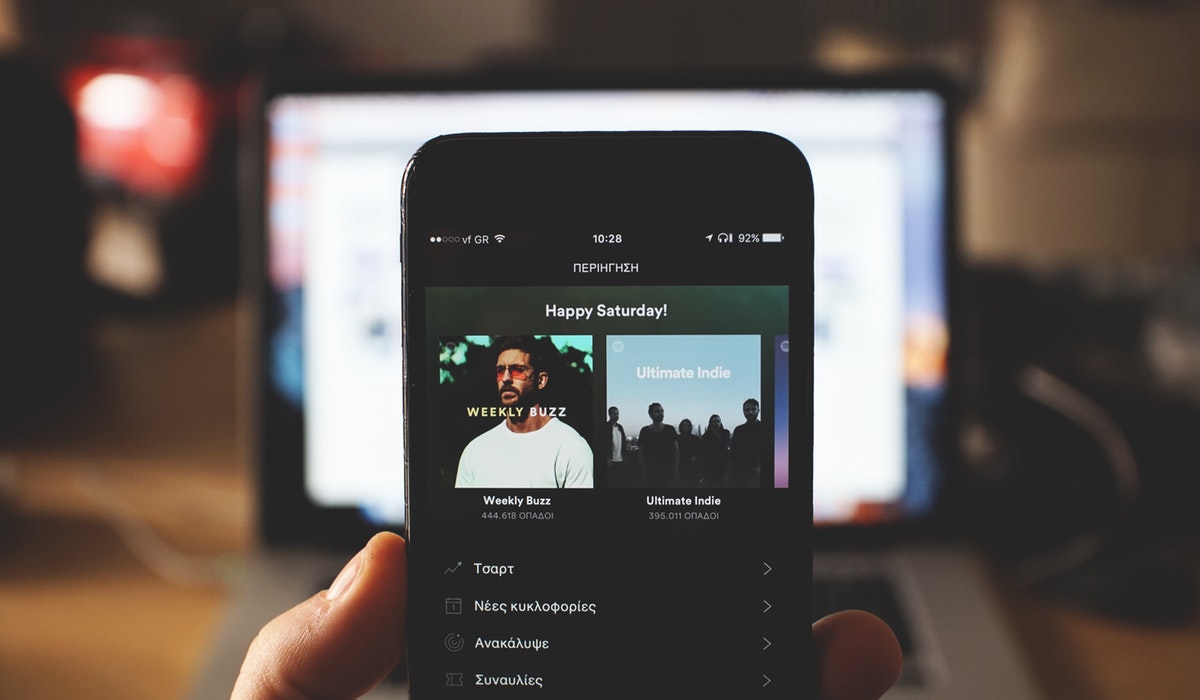Apps
Facebook Anticipates to Completely Retire Its ‘Like’ Button

Social media tech giant – Facebook has recently aired its plans to remove the like button and subsequently the likes count, in order to reduce what is considered ‘superficial comparison’ between members of the social network.
Even though the advantage of social networking fraughts with a number of opportunities as a universally connected unit, with it, also comes a few detriments such as an unhealthy ‘emotional connection’.
Hence Facebook’s decision against the ‘like count’ arises as a result of a continuous uprise in the mental and psychological effects social media has on the general public on a global scale. Following a research conducted by the Florida-based Behavioral Health Center, it was perceived that those who were more engaged with social media platforms are about 2.7 times more likely to be depressed.
Furthermore, a top tier tech blogging site – TechCrunch, who confronted close associates of the California-based social media company directly, relays a similar opinion towards this as it stipulated thus;
“The problem is that people have so many fewer of those big moments, and the large Like counts they attract can make other users self-conscious of their own lives and content. That’s all problematic for Facebook’s ad views.”
Apparently its sister company – Instagram, is already in the testing phase of implementing the removal of the ‘like button’ altogether with the ‘like counts’. With plans to launch this new feature in seven countries including Canada and Brazil.
Instagram would enforce this new idea by displaying the names of some mutual friends who like a certain post rather than show the total number of likes.
Although Facebook is known to be a pioneer of today’s social networking ecosystem, experts however identify this move as a bold one that could either ‘encourage users to share posts as it eradicated the element of comparison’ nor ‘reduce the greater majority of users who have now come dwell in the recent social media ‘hype’ or ‘like’ as the case may be.
Let’s all assume the former would take because the latter bears a cost that could have the social networking behemoth struggling throughout the next decade.
Apps
Instagram Finally Launches The Much Anticipated ‘Restrict Mode’ Feature

Just as WhatsApp plans to incorporate a ‘self-destruct’ feature for secret chats, its sister company – Instagram also embeds a new component termed the ‘Restrict Mode’ to shadow ban Toxic Users. This recent development comes as a result of a 2018 research conducted by Pew Research Center indicating that fifty-nine percent (59%) of US teens were been subject to cyberbullying, according to CNN.
Hence the company’s Head – Adam Mosseri, disclosed in a statement earlier this year establishing that Instagram would “lead the fight against online bullying”. Afterward, that statement was eventually confirmed on Wednesday, in a press release by the leading social platform. Where it was explicitly stated that;
“Restrict is designed to empower you to quietly protect your account while still keeping an eye on a bully.”
The Head of the social media network also announced the birth of this new tool in a tweet earlier today. Having that this new feature has been in the testing phase since July, the ‘Restrict Mode’ functionality at present provides Users with the options to restrict another User either by simply swiping left on their comment – a similar procedure used to report Users on Facebook, through their ‘profile page’ or at best from the Subscriber’s settings privacy tab – which is in semblance to ‘Blocking a Number’ on WhatsApp.
Subsequently, a ‘Restricted’ User’s comment on your posts would only be visible to them and nobody else. Additionally, notifications become deactivated whereas direct messages from banned Users enter into a pool of message requests. And in the case where these messages are approved and read, the banned Users won’t be duly notified. Also such Users won’t be able to see the ‘active status’ of any User that had earlier banned them.
While the ‘Restrict Mode’ does not actively block the User thus the phrase ‘Shadow Ban’. However, it conveniently refrains such Users from certain access to your page or posts without subsequent permissions. The feature extensively borrows Twitter’s ‘Muted Reply’ approach. And as such comments from banned Users can still be visible but not readable to the general public as it would bear a ‘Restricted Comment’ tag. Granting the Account Owners the opportunity to either approve, delete or ignore the comment.
Even though the introduction of this neoteric tool is intended to inspire teenagers to stand up against online bullying, some experts still fear that this new instrument could turn out to be detrimental instead of its purposed use. As is the argument presented by Jennifer Grygiel – A Social Media Expert and Assistant Professor at Syracuse University and Dr. Sameer Hinduja – Co-director of the Cyberbullying Research Center and a professor at Florida Atlantic University. Both of them called out to Instagram to publish the results of these ‘anti-bullying’ measures. Dr. Hinduja further postulated that;
“We need to see how it plays out at scale, and whether a critical mass of Instagrammers employ the feature.”
According to another Social media Analyst, Randi Priluck – A Professor and Associate Dean on Social Media and Mobile Marketing at Pace University, Instagram is implementing a great tool, nonetheless, the success of this new development is dependent on a number of factors. In his words;
“The fact that Instagram is doing something is better than nothing, But the question is: How much will this help?”
Apps
Spotify Subscribes to Apple’s SiriKit API to Embed Siri’s Advanced Functionality Into its App

Imagine a music app that allows you to play songs just by ‘calling out the song title’ from your playlist. Awesome right?
Well, that becomes the case with the new upgrade on the Spotify app on Apple’s IOS 13.1. Following the recently added features on Siri such as the ability to launch an app with the voice command, advanced guidance on the map, tuning in to a radio station among many others. On Friday, the digital music service providers disclosed that it would be incorporating ‘Siri Support’ specifically for its Users on IOS in the nearest future.
Eventually making Spotify the foremost third-party app that could be operated with ‘Siri’s Voice Assistant’. According to an interview conducted by Verge with a Spotify Associate who refused to comment in details but confirmed this development with a statement adding that;
“At Spotify, we routinely conduct a number of tests in an effort to improve our user experience, Some of those tests end up paving the path for our broader user experience and others serve only as an important learning. We aren’t going to comment on specific tests at this time.”
Evidently, the Siri support comes as part of the update on Apple’s IOS 13 and by means of the SiriKit API, Spotify developers were able to embed Siri’s functionality into the Spotify app. Consequently with this new added ‘Siri’ functionality, Users would be able to not only launch the Spotify app but also navigate through and play songs from playlists, albums, and podcasts on the app just by voice commands.
Although this feature was embedded extensive to work on all Apple devices having IOS 13.1 excluding the Apple Watch since IOS wearable devices does not fraught with a devoted Spotify app. Given that the Siri Support on Spotify is currently in its beta testing phase, this innovation would only be available on the latest beta version of Spotify and as such still ships in with a few bugs. Such as trying to play a podcast which always defaults to playing music.
This Siri on Spotify functionality would grants Users an advanced music experience on the go. Subsequently placing the Spotify music app on the same spot as the Apple Music in terms of competing for Siri’s Media player Support.
-

 Cryptocurrency5 years ago
Cryptocurrency5 years agoRipple Sends $26 Million Worth of XRP to Jed McCaleb, XRP Army Fears Another Dump in Price
-

 Cryptocurrency5 years ago
Cryptocurrency5 years agoChina Is Set To Launch A Legal Cryptocurrency In The Second Half Of 2019
-

 Cryptocurrency5 years ago
Cryptocurrency5 years agoHODLers Plead With Ripple Inc. Not To Dump XRP Tokens Anymore
-

 Blockchain5 years ago
Blockchain5 years agoThe Future Of Publishing With Blockchain, Steemit vs. Publish0x
-

 Cryptocurrency5 years ago
Cryptocurrency5 years agoIntel’s 10th Generation Processors: A Hard Pick From a Buyer’s Point of View
-

 Cryptocurrency5 years ago
Cryptocurrency5 years agoHow to Exchange and Withdraw Digibyte to Bitcoin/Ethereum on any exchange platform
-

 Cryptocurrency5 years ago
Cryptocurrency5 years agoWhy Bitcoin Is Better Than Other Cryptocurrencies
-

 Cryptocurrency5 years ago
Cryptocurrency5 years ago40% Of Bitcoins Are Stored On Wallets With A Balance Of Over 1000 BTC






